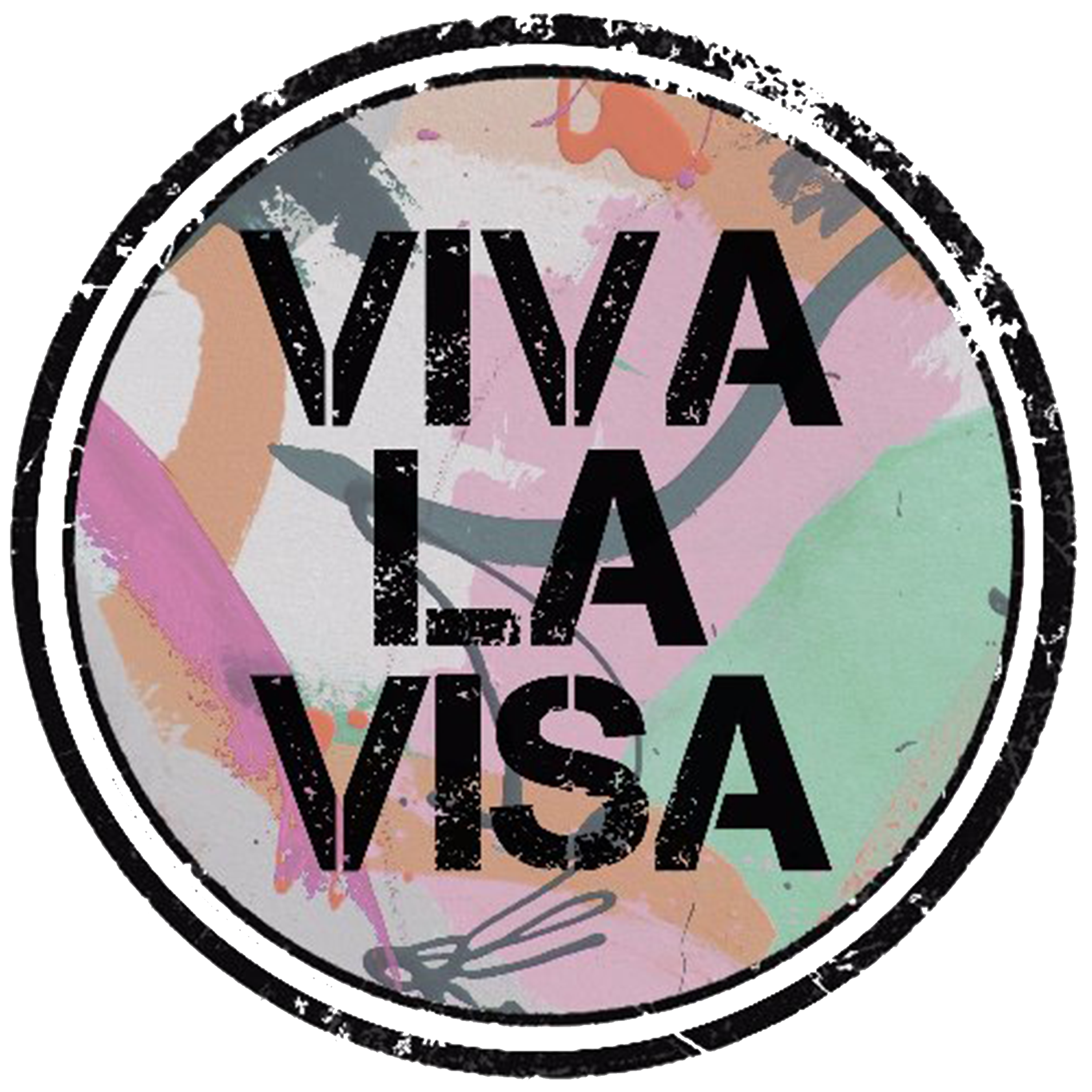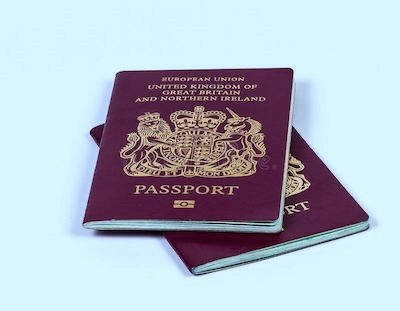Got A Second?
The Inside Knowledge…
How a Second Passport is a game-changer
Planning a tour overseas requires months, sometimes years, of co-ordinating hundreds of small cogs in a huge, travelling machine. With artists moving around constantly to promote… backing musicians, audio/visual engineers and road crew never quite being in one place for long… the logistics for pulling everything, and everyone, together for show-time requires meticulous planning and detail.
The process needs to be underpinned by a framework of legalities - rules and regulations to be followed to the letter and essential documents required to cross borders. With the visa application process varying hugely from country to country, and in particular the time it takes to get that essential stamp, tour planning isn’t for the faint-hearted!
Whilst the UK passport office doesn’t openly advertise this facility, it holds possibly the most important tool for any frequent business traveller - the second passport. At Viva La Visa, the second passport is one of the most vital components of our toolkit. For visa applications for a touring party involving small windows of free time in an itinerary, it’s one of the first questions we ask the applicant - “Do you hold a second?”
We help our clients obtain second passports frequently - if it’s a renewal of a second passport, it can even be done on a one-day premium service. The fastest service on offer for a first second passport ensures your shiny new document is in hand a week after applying.
But what do you need to know once you have your new passport in hand? We’ve put together our recommendations for best practices when holding a second passport:
Always use the same passport for entry to, and exit from, a foreign border. If you do exit on an alternative passport to the one you used to enter, this means your exit will not be recorded and you will have overstayed the visa validity in your passport. At best, this could lead to problems entering the country again, at worst - a criminal investigation.
Where possible, it’s best not to travel with both passports - this avoids problems such as the one described above and any potential confusion - and insurmountable issues if both were to be stolen or lost…
Where you simply must travel with both, have a plan - keep one sealed away with other documents in hand luggage, for example, whilst keeping your primary document to hand.
Always apply for the larger, 48-page passport. For frequent travellers, this is a must.
Keep one passport as your default document. Use this as the first choice whenever possible. Keep your second passport as your ‘backup’ travel document - ready to use for any complicated visa applications or times when you don’t have much of a window for applications on your primary document.
If anyone books your travel for you - ensure they know which passport is your main document.
A second passport is fast becoming the most useful option open to touring artists and frequent business travellers. The application process is simple, no matter how fast the passport needs to be in hand. Backup evidence is required and we guide applicants, and management companies in support, through this process and take the hard work out of it - leaving bands and crew to concentrate on what they do best - show-time!

